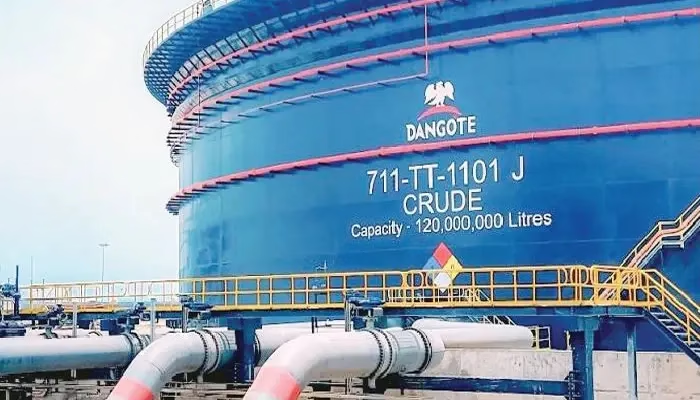Nigeria’s Dangote refinery, a 650,000 barrel-per-day facility, has temporarily shut down its petrol-producing unit due to technical issues, including catalyst leaks. The refinery’s 204,000 bpd Residue Fluidised Catalytic Cracking Unit (RFCCU) has been offline since August 29, according to industry monitor IIR Energy. Repairs are expected to last at least two weeks, as reported by Reuters.
Two sources familiar with the matter have confirmed the shutdown, although they requested anonymity. Dangote has not yet commented on the development. The $20 billion facility, which began operations last year, has significantly increased output, impacting global oil and fuel trade flows. Its rapid growth has been notable, with the refinery’s first exports of petrol to the United States expected to arrive in New York later this month, as indicated by ship-tracking data from Kpler.
The Dangote refinery is a major player in the global energy market, and its temporary shutdown may have implications for the industry. The facility’s RFCCU is a critical component, responsible for converting heavy oil residues into lighter, more valuable products such as petrol and diesel. The shutdown is likely to affect the refinery’s production capacity, although the exact impact is unclear.
The refinery’s shutdown is not unprecedented, as technical issues and maintenance are common in the industry. However, the duration of the shutdown and the impact on production will be closely watched by industry observers. As the refinery resumes operations, it is expected to continue playing a significant role in shaping global oil and fuel trade flows.
The Dangote refinery’s growth has been rapid, with its production capacity increasing significantly since its inception. The facility’s exports have also expanded, with shipments to various countries, including the United States. As the global energy market continues to evolve, the Dangote refinery is likely to remain a key player, with its production and exports influencing the industry’s dynamics.
